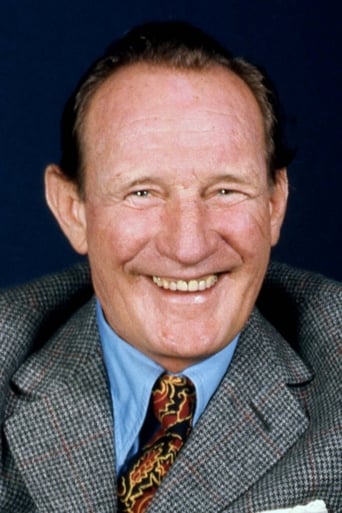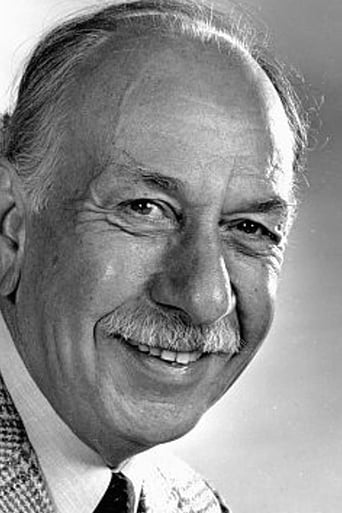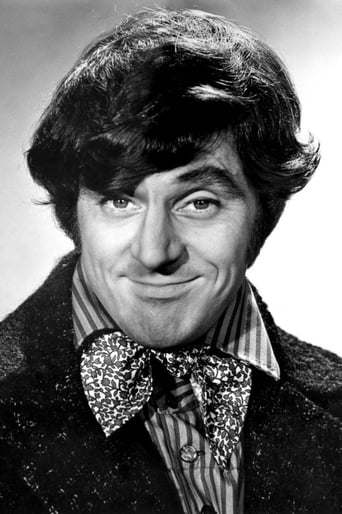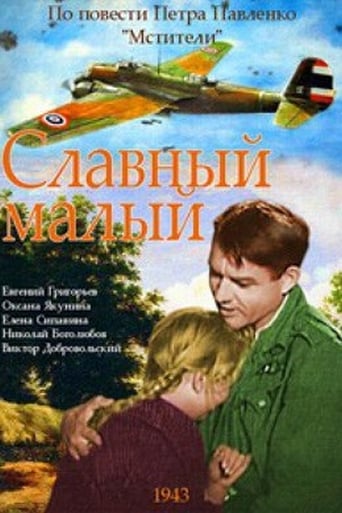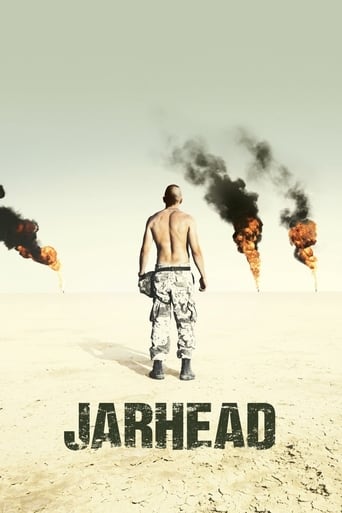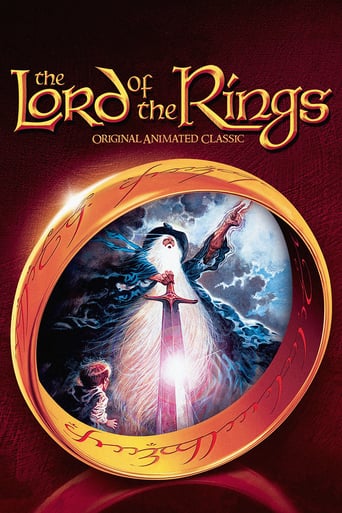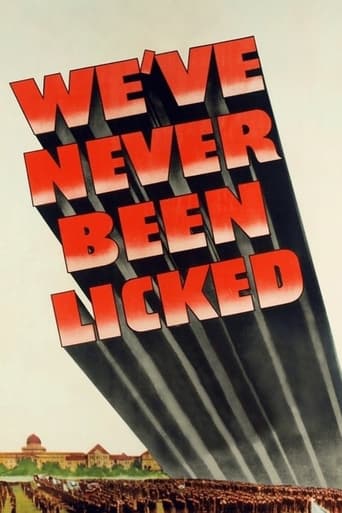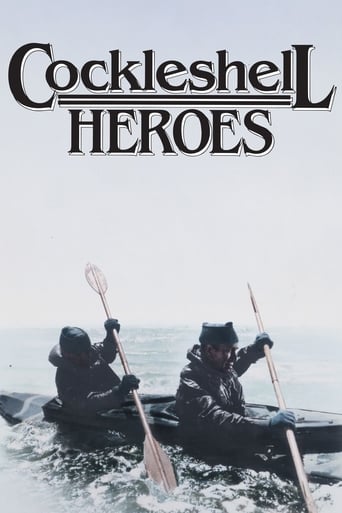
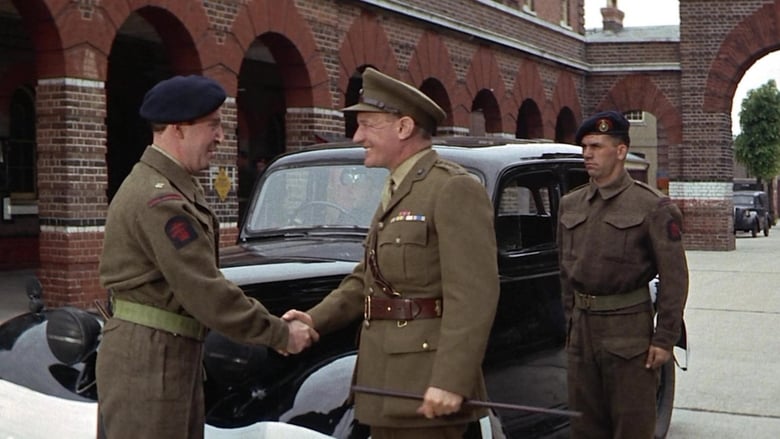
The Cockleshell Heroes (1955)
During WW2, German ships are "safely" docked upriver at Bordeaux, but the British send a team of kayakers to attack them.
Watch Trailer
Cast


Similar titles
Reviews
The reviewers here so far like this film very much but seem to have various kinds of sentimental attachments to it. I don't have any--no memories of seeing it when I was young, no family, friends or acquaintances involved in the mission, no external notions from reading about it. I just watched it as a general moviegoer from the early 21st century. In my opinion The Cockleshell heroes has worn badly over the years.The first part, covering the selection of the participants and their training, has very little information in it--a tiny bit about limpet mines, a scene of soldiers climbing rock cliffs (no such landscape shows up later in the mission), perhaps one potentially interesting challenge forcing the men to use their wits to move around the countryside, but more close-order drilling than anything. Apart from the two officers and one soldier who goes AWOL to beat up a man who's been having an affair with his wife while he's away, there is almost nothing to distinguish one character from another. And there is no acting. The little tension between two officers leads only to a few moments of the two exchanging their points of view. Jose Ferrer delivers pretty much all his lines in the same tone of voice: it's a nice voice, it would be great narrating a documentary on some serious subject, but it has no emotional inflection in this movie.But what really spoils this long first section of the movie is the abundance of "cute" vignettes. A parachutist lands in cow manure, a hitchhiker gets a ride with a ridiculous fast-talking matron, the near-naked men run past a group of nuns. Tired, old tropes even for 1955, and far, far too many of them.Once the mission begins there is almost no dialogue, mostly scenes of men padding in their kayaks (called "canoes" in the movie). It's pretty dull stuff, and the director obviously thought music would be needed to keep audiences interested. But what awful music! On and on it goes, a symphony orchestra playing meaningless, vaguely military-sounding riffs non-stop, not in the least adapted to what's happening at the moment on the screen, just mindless orchestral noise that never stops. After a while I actually turned off the sound on my television to escape from the never-ending assault on my ears. And-- this is incredible-- during one supposed scene of deep thoughtfulness, when after a night of drinking an older officer is alone in a board room telling the sad story of his life to another officer, the same nonsensical orchestral tooting and shrilling continues ridiculously from beginning to end. It really should go down as one of the worst uses of music ever in the history of film making.As for action scenes, there's not much and not presented with any suspense. The climax, with explosions, is depicted with a few models in a studio.It's really terrible writing, terrible directing and an absence of acting.
Nice and entertaining war movie made or influenced by the Hollywood war film school of the 50s. Soft made army life and war fighting and dying adapted to the eye of the watcher of that time. Beautiful and everlasting colors of the Technicolor war film typical for war epic movie which this film definitely isn't. Good and saturated film composition, typical gags for the time of filming are pretty much watchable today. Imaginative dose of sarcasm that tends to launch Hollywood humor of that era in this UK film suits the whole idea pretty nice. Very realistic depiction of the action itself without exaggeration which is almost impossible to see in the US movies on the same topic even today. All in all, cute WWII film, especially recommended to the WWII buffs. 6 out of 10.
The 1950's were a surprisingly good decade for the British war movie. During those years of victorious rationing and austerity, one has the impression that the queue-stricken public needed to be reminded as to who actually won the war. Before the universal availability of television, cinema offered the only easy escapism that was available to and cheap enough for the masses. It was the national panacea.In those days money was scarce and movies cheaply made. But even so, there were lots of truly excellent examples, notably 'Ice Cold In Alex', 'The Dam Busters' and 'The Cruel Sea' - one of the most authentic and gripping war movies of all time.But this item simply doesn't compare.Jose Ferrer, the director, seems to have had at least enough funding. Unusually for its genre, it was shot in colour. There was plenty of location-work too - even access to a submarine. Yet the cast was hardly expensive A-list material. Apart from Trevor Howard, there were just a couple of British character stalwarts. And I have never been a fan of Anthony Newley. His 'cheeky-chappie' persona has invariably been a thumbs-down for any movie. I am apt to wonder if Mr Ferrer as the director/star was afraid of being outshone by an excess of talent in the ranks.Preparations for the mission went on just far too long. As a result, the story began to get lost in trivial minutiae. We saw a tedious, embittered confessional from Trevor Howard's character, which cut to an amateurish female singer; we were obliged to endure her whole routine as she wandered around a bar, flirting amicably with its clientèle like 'Nancy' from Lionel Bart's 'Oliver'. What - was this a musical then? Her song was punctuated with a fight, and finally a childish monologue from Anthony Newley, in testament to his lack of comic skill. The combined takes lasted for almost 9 utterly pointless, meandering and wasted minutes.I have seen Jose Ferrer do excellent work as an actor, notably in 'The Caine Mutiny'; he's not too bad in this either. But as a director he evidently had no sense of economy. The scenes above and many others would have carried more drama with half as much celluloid. This was a case of cut and cut again. The mission was the big issue here, and should have occupied at least half the movie. If the preparations must be emphasised then details should have been relevant. For example; we see the team ascending and abseiling up and down cliffs, yet none were to be encountered on the mission. They were canoing not climbing. Compare this with 'The Dam Busters' where there is equally lengthy preamble in creating the bomb - from marbles in the garden, to convincing sceptical authorities. Yet all of it is pertinent to the outcome. The pacing is near perfect. Barnes Wallis's chafing impatience replicates the mission's urgency in the movie's early stages.As the culmination of their work, the destruction of the ships should have been much more dynamic in its presentation, and surely deserved more detail and therefore time. The sequence lasted just 20 seconds, and this in a total running-time of 94 minutes. For comparison; Howard's griping lasted 120 seconds and Newley's prattle 55 seconds. Confused priorities or what?The destruction itself was pitiful. A few models and firecrackers? Hardly a tribute to those who's courage the movie presumes to extol. Most of the men died for that magnificent anti-climax. Ships are being scrapped all the time. Couldn't they have found a few hulks and really gone to town on some convincing big bangs?There were also gaping holes in the plot: like their discovery by a dog and Ferrer's character disclosing himself to a large group of French fisherman. He returns, announcing 'They'll be alright'. How did he know? There may have been supporters of the Vichy government amongst them. Twenty times as many French people collaborated with the Nazis than supported the resistance. You couldn't trust anyone. Their mission and their lives depended upon strictest secrecy. And this is where the spare celluloid should have gone: emphasising the eternal moments of danger. The waiting, the not-sleeping, the stress and fear of discovery; so much more could have been done with these issues to emphasise the gripping sense of peril.Then that needlessly jaunty theme music would keep piping-up. 'A life on the ocean wave'; give me a break. And 'night-time' bore a striking similarity to any winter afternoon, it was so ludicrously light. As to marching-off down the road accompanied by the ghosts of the fallen - how corny an ending is that? Mr Ferrer should have stuck to acting.
These were the last words spoken by an officer to his men before their execution by a German firing-squad...Trevor Howard was a devoted officer and a gentleman, never afraid to give his life for his country... Howard was a great character actor with a big presence on the screen in many good films as "Mutiny On the Bounty," "Ryan's Daughter," "The Sea Wolves," and "Gandhi."The motion picture deals with the silly mission of ten British Royal Marines, who after embarking a submarine from the English Channel port of Portsmouth traveled by flimsy canoe into Bordeaux harbor, southern France on the Garonne River, blowing enemy ships by attach limpet-mines..Directed and starred by Jose Ferrer (1909-92) star of "Cyrano De Bergerac" and "Moulin Rouge," and photographed in CinemaScope and Technicolor, the film succeeds in reflecting the brave deed of the English Commando and is somewhat exciting and tense in its depiction of the hazardous journey into enemy territory in World War II...


